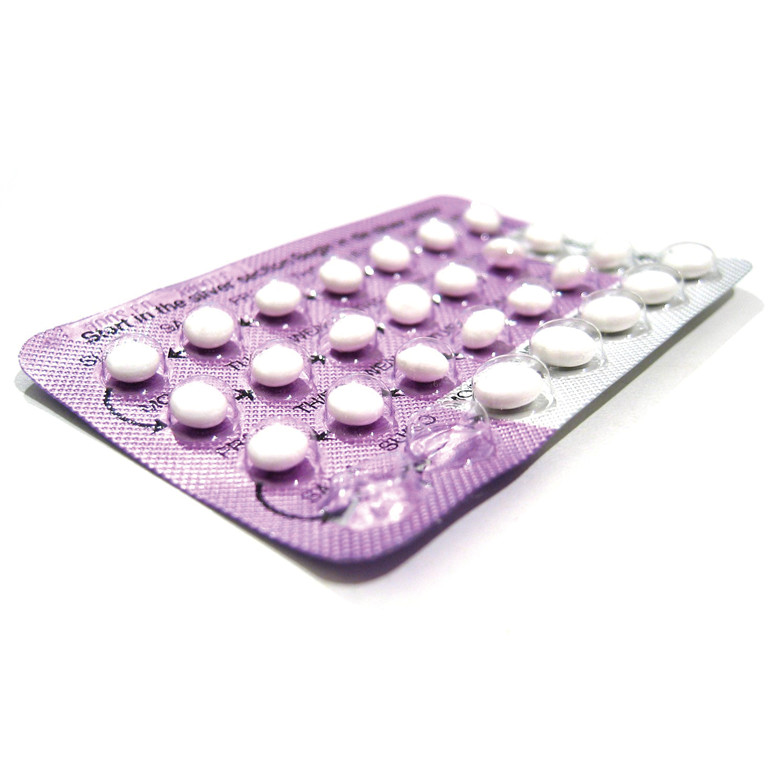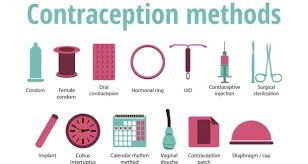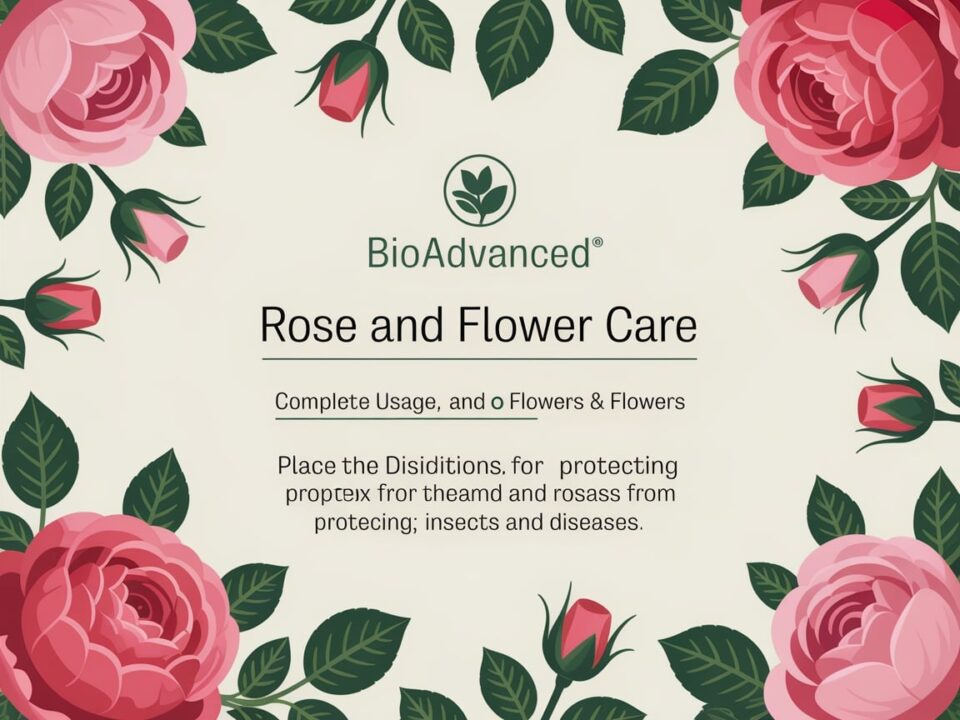What contraceptive methods are available?

Japanese Knotweed invading our land
September 23, 2019
Choosing the best adhesive for metal to metal bonding
September 23, 2019Safe sex is the buzz word around once again and sex education lessons are not only focusing on the practice of safe sex but also the need for consent and trusting relationships. When it comes to choosing a contraceptive method it can seem like there are a hundred different choice so here is our handy little guide to some of the options that you have available to you.
Condoms
These are the most common form of contraception that are available on the market and you can get free condoms from your local sexual health clinic and they are available to buy in most supermarkets. They are relatively easy to use and unless you have a latex allergy will cause no issue to either partner. For those suffering from a latex allergy alternative condom materials are available. Condoms are available in both a male and female version and are the only safe sex method that not only helps to prevent pregnancy but are also effectiving at preventing the transmission of sexually transmitted infections from one partner from another. If you are worried about your sexual health you can find Home StI Kits London way from companies such as https://www.bexleysexualhealth.org/home_sti_kits, there are companies across the country that offer this service as well as your standard sexual health clinics and GP practices that can also offer testing for you.
Contraceptive Pill – this come in a number of different types, those that combine estrogen and progesterone and the progesterone only pill. The type of pill that you are offered will depend very much on you reasons for wanting the tablets as well as your weight and medical history. For some women the contraceptive pill brings some relief for gynaecological problems such as polycystic ovaries and endometriosis and well as heavy and painful periods. When taken regularly and correctly the pill is a great choice for those wishing to avoid pregnancy. To avoid the spread of an STI you should use these in conjunction with condoms to protect both yourself and your partner.
Implant and Injection – these are two alternative methods to contraception and again they regulate the way a woman ovulates. They are preferred by women who do not want to have to remember to take a tablet at the same time each day and are a popular choice by women who have recently had children. Again they will help with a variety of menstrual issues but do not protect against STIs.





